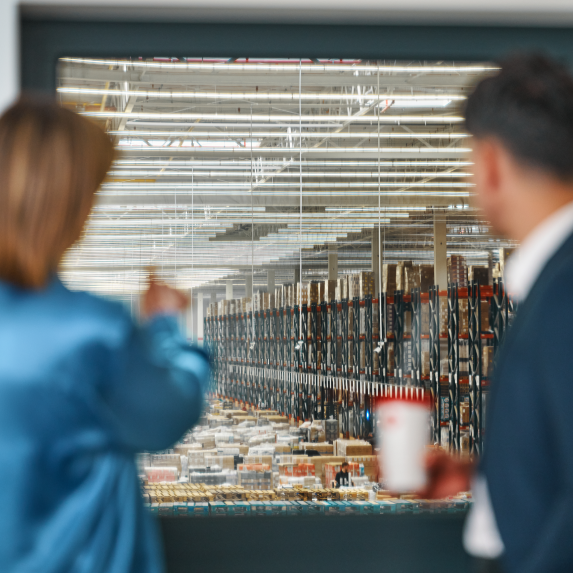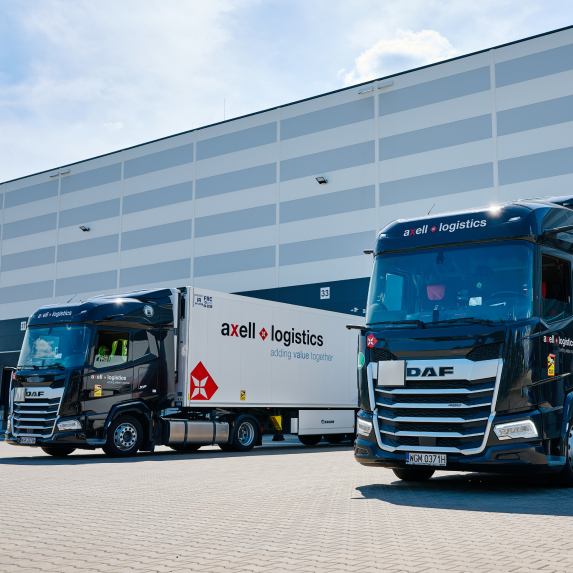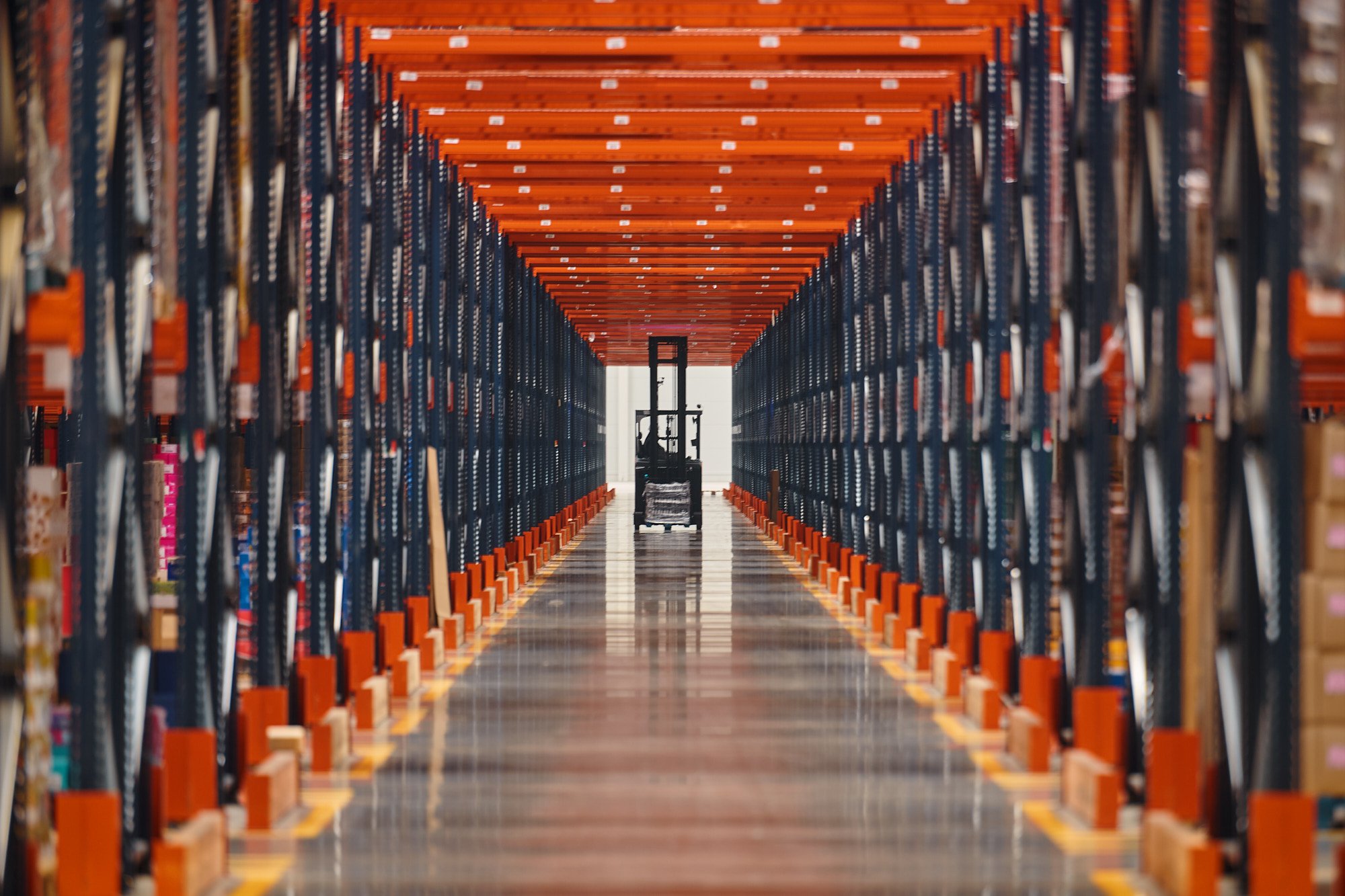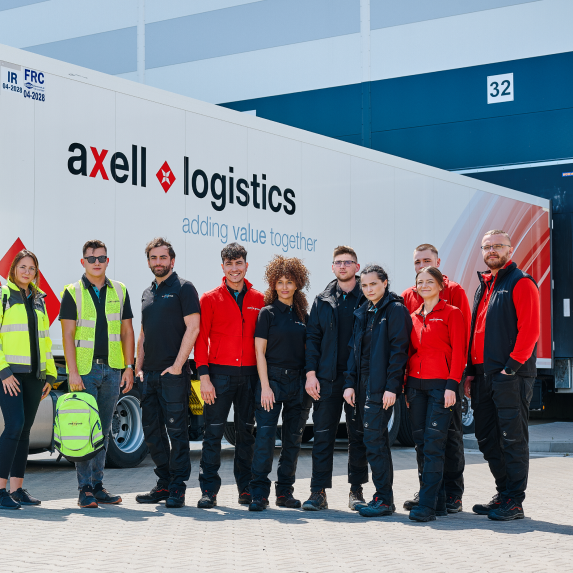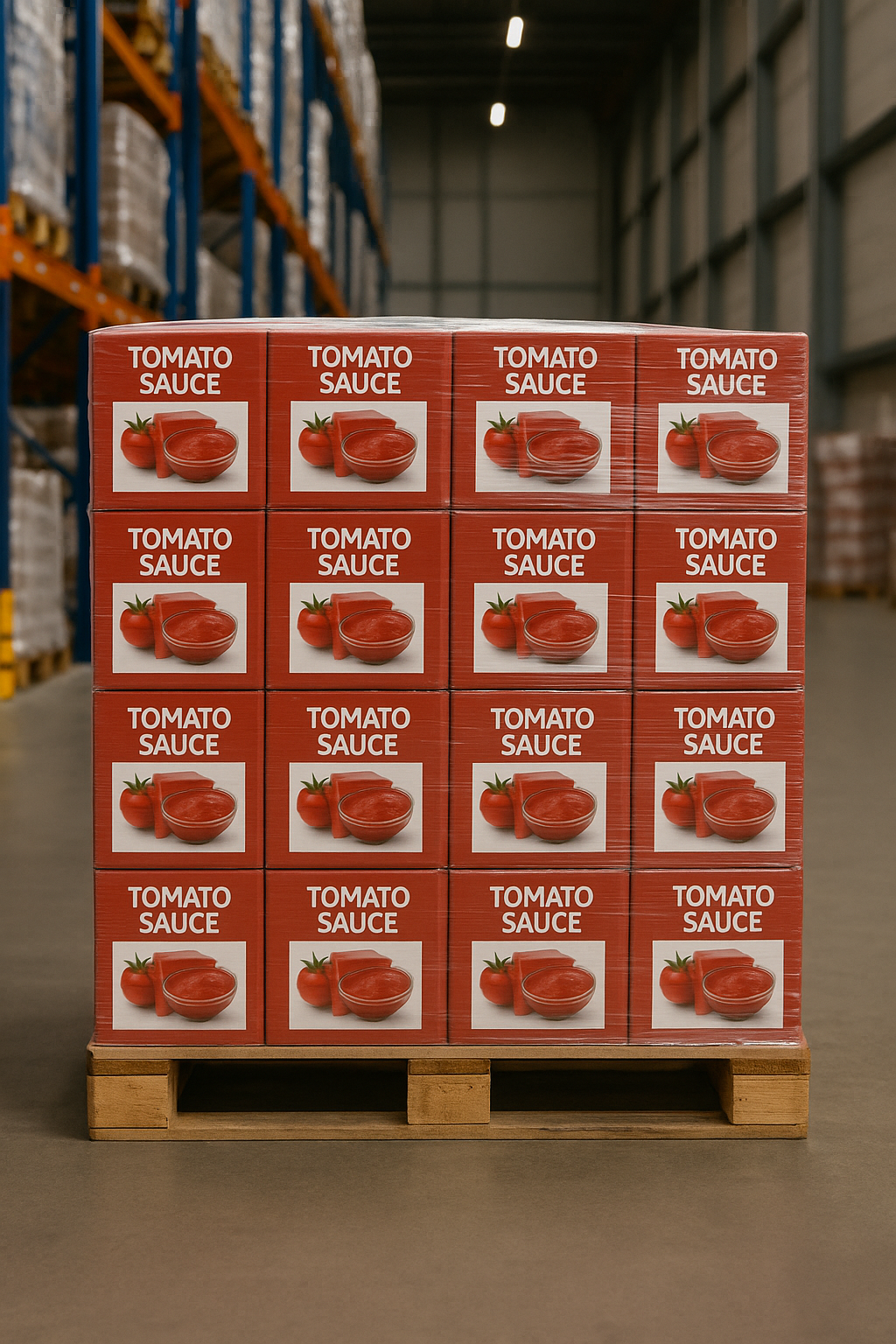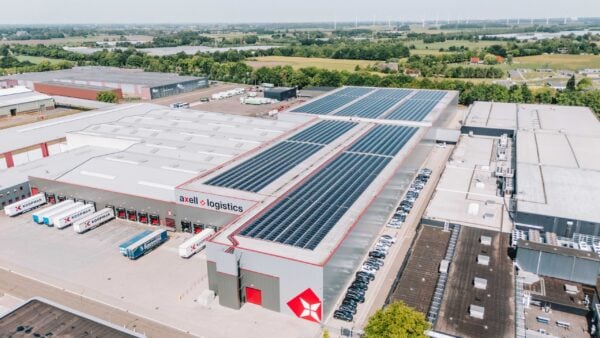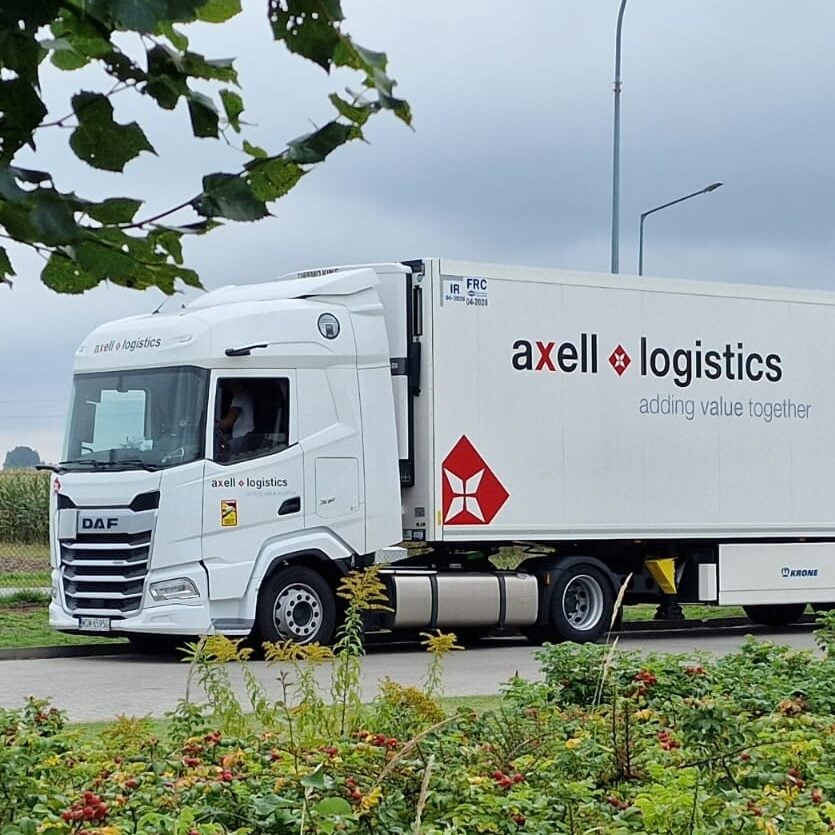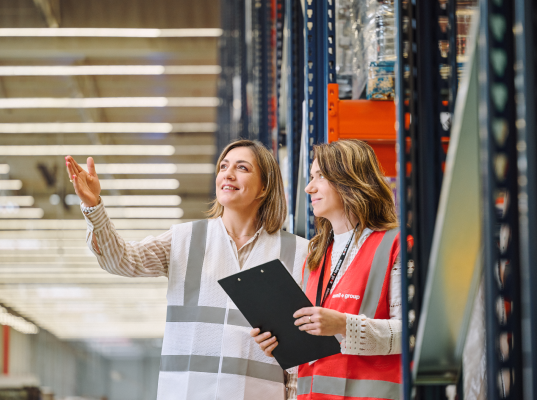Although there are different types of logistics, they all serve the same purpose: to enable systematic operation and planning of the supply chain, ensuring that the flow of goods, information, or services occurs on time. This ensures that deliveries reach the customer according to schedule. A logistics specialist is responsible for maintaining high process quality while minimizing costs. Read our article to discover the different types of logistics services.

Internal Logistics
Internal logistics (also known as intralogistics) deals with the movement of goods within a single company. It includes all related processes, from receiving component deliveries to warehousing and shipping the finished product to the customer. It has a major impact on overall business development, as it helps improve customer service through quality control and efficient use of warehouse space. This also leads to lower operational costs.
Distribution Logistics
According to the definition, distribution logistics includes all processes that ensure the optimal movement of products from the end of the production line to delivery to the customer. It typically concerns the finished product. This area is closely linked to the company’s marketing direction and must consider market demand, collaboration with distributors, and competitive analysis.
Reverse Logistics
It’s also worth understanding the concept of reverse logistics. What is it, and how is it used? Also known as return logistics, it includes all processes related to the reuse of products and materials. This includes repairs, reintroducing products to the market, and of course disposal and recycling. Reverse logistics is also closely connected to marketing.
International Logistics
What does international logistics involve? As the name suggests, it covers all processes related to the movement of goods across country borders. This flow can occur within a single company or between different entities – for example, between a manufacturer and a final customer. Elements of international logistics include order creation, packaging, customer service, and returns management.
Summary
What is logistics and what does it involve? It’s the sum of all activities aimed at planning and organizing the supply chain so that goods, services, or information flow according to schedule and at optimal cost. There are several criteria by which logistics services can be categorized. These include:
- internal logistics,
- distribution logistics,
- reverse logistics,
- international logistics.
If you’re interested in logistics services, trust the professionals. Axell Group provides transportation services (including international transport). We invite you to use our services!



